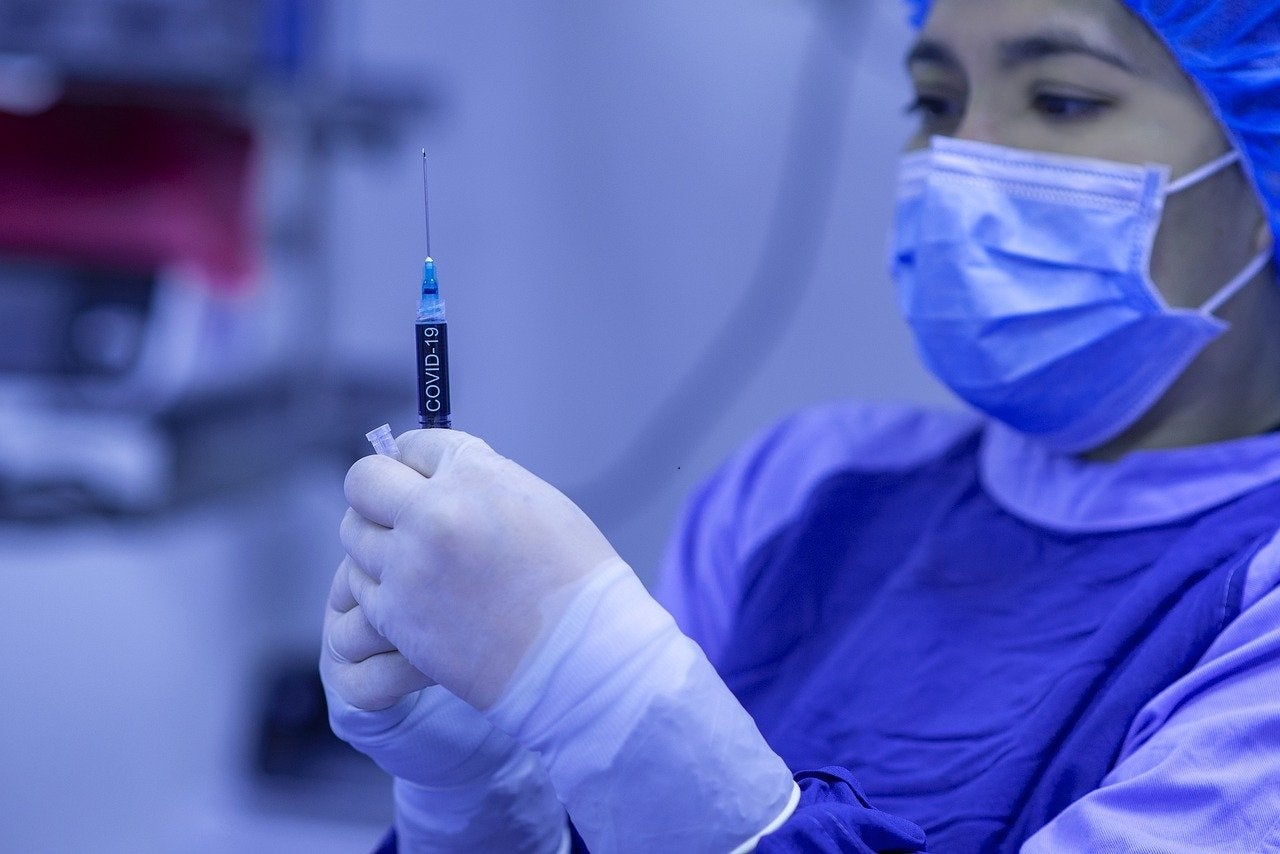Economists believe that Brazil needs better communicators about the efficacy of the vaccine trials being conducted for coronavirus in the country. Delayed announcement of results and inability to compare results with other trials or vaccines have led to the latest setback for vaccination efforts.
Pedro Nicolaci da Costa
Pedro Nicolaci da Costa, a Federal Reserve and economy watcher at Market News International, re-tweeted on Brazilian data reporting a modest 50.4% efficacy for China’s CoronaVac vaccine in preventing the symptomatic infections of Covid-19 in a clinical trial. The figure, as a result, did not qualify for regulatory approval and was below the rate announced.
This came as a disappointment for Brazil, as CoronaVac was one of the two vaccines lined up for immunisation during the second wave of the Covid-19 outbreak in the country. Several scientists had protested against the partial data released by the Butantan biomedical centre just days ago, with President Jair Bolsonaro now criticising and questioning the origins of the coronavirus vaccine.
Chinese vaccine trials across the world have been raising significant concerns about not being subject to the same public scrutiny as the US and European alternatives. Brazil’s national immunisation programme relies on CoronaVac and ChAdOx1 nCoV-2019 vaccine developed by Oxford University and AstraZeneca Plc, neither of which having received regulatory approval in the country.
However, Ricardo Palacios, medical director for clinical research at Butantan, confirmed that none of the volunteers who had been inoculated with CoronaVac had to be hospitalised with Covid symptoms.
Brazil researchers report more modest 50.4% efficacy for China's CoronaVac https://t.co/pxXRc0wZn8 pic.twitter.com/ooLq8ekgen
 GlobalData Strategic Intelligence
GlobalData Strategic IntelligenceUS Tariffs are shifting - will you react or anticipate?
Don’t let policy changes catch you off guard. Stay proactive with real-time data and expert analysis.
By GlobalData— Reuters (@Reuters) January 12, 2021
Nouriel Roubini
Nouriel Roubini, an economist, shared an article on a fragile economic recovery in 2021 despite a flurry of promising coronavirus vaccines developed in 2020. Roubini stated that defeating the virus still remains a monumental task, and the wounds inflicted by the pandemic will take time to heal.
He further explains that while white-collar workers are sustained with the help of the existing financial reserves, the unemployed or partially employed workers who are surviving on meagre wages are growing poorer by the day. The pandemic is therefore sowing the seeds of more social unrest in 2021.
Despite financial markets reporting new highs in the end of 2020, and central banks across advanced economies lowering their policy rates, the gap between Wall Street and Main Street has widened. In addition, Covid-19 has accelerated the concentration of stock market wealth in the US, the article detailed.
A Fragile Recovery in 2021 by Nouriel Roubini @ProSyn https://t.co/Qi4Tynp2Jl
— Nouriel Roubini (@Nouriel) January 11, 2021
Jonathan Portes
Jonathan Portes, a professor of economics and public policy at the School of Politics and Economics of King’s College, London, shared an article on the rights and wrongs he has learnt about the Covid-19 lockdowns, and how the economy could bounce back quickly.
He emphasises on two key arguments in his article, one that there is no direct trade-off between health and economies. Therefore, the argument that the economic damage caused by lockdowns would cost the country more than Covid-19 itself, was untrue.
The second argument he made is related to worrying less about short-term economic impacts than about long-term consequences. Therefore, restrictions or lockdowns could impact the gross domestic product (GDP) in the short run but did not have to necessarily damage the economic and social fabric of the country in the long run.
Portes also highlighted there was no evidence to support the uptick of suicides or deteriorating mental health during the lockdowns in the UK or elsewhere. However, he also added that there was no serious debate on whether lockdowns worked or helped in reducing the spread of the virus.
https://twitter.com/jdportes/status/1349006708471980033




